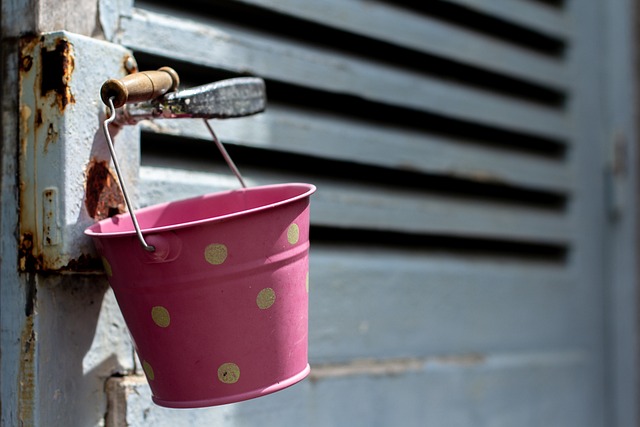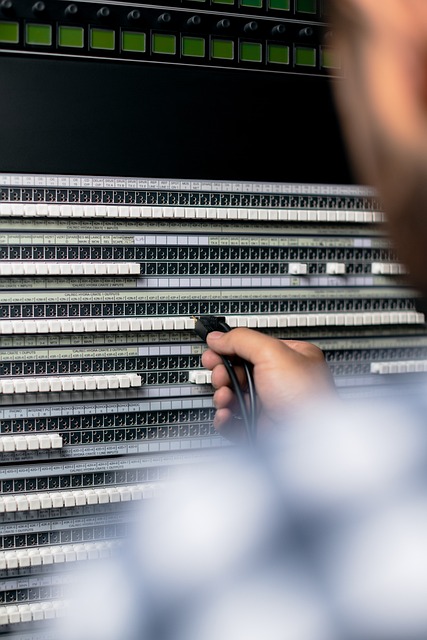Boiler size selection requires expert guidance from a qualified boiler engineer to balance energy efficiency and running costs. Factors like property size, occupant number, and current system efficiency determine optimal heating capacity. On-site evaluations assess insulation, rooms, occupancy, and age for accurate thermal load calculations, avoiding inefficiencies. Future expansion plans are considered, along with boiler types and technological advancements, ensuring adaptability. Regular maintenance by a qualified engineer extends boiler lifespan, prevents breakdowns, and ensures safety.
Choosing the right boiler size is crucial for ensuring your property has efficient heating and hot water. This guide navigates the process, from understanding boiler sizes and their impact on energy efficiency to identifying factors that affect selection. Learn how assessing your property’s unique energy needs and consulting a qualified boiler engineer can lead to optimal choices. Discover installation and maintenance considerations to make informed decisions for long-term comfort and cost savings.
- Understanding Boiler Sizes and Their Impact
- Factors Affecting Boiler Size Selection
- Assessing Your Property's Energy Needs
- Consulting a Qualified Boiler Engineer
- Installation and Maintenance Considerations
Understanding Boiler Sizes and Their Impact

Boiler sizes are measured in kilowatts (kW), reflecting their heat output and capacity. Understanding this measurement is crucial when selecting a boiler for your property, as it directly impacts energy efficiency and running costs. A qualified boiler engineer can guide you through this process, ensuring you choose a size that meets your specific heating demands.
Different boiler types, such as combi or system boilers, have varying output ranges. For instance, a typical domestic combi boiler might range from 7kW to 40kW, while larger commercial steam applications often require higher-capacity models. Steam generation technologies come into play here; understanding the intended use will help determine if you need a standard hot water boiler or one designed for more specialized and powerful steam generation tasks. Opting for the right size prevents energy wastage and ensures your boiler operates effectively, providing optimal comfort and efficiency for your space, be it a residential or commercial setting, and reducing reliance on best boiler repair services.
Factors Affecting Boiler Size Selection

When choosing the right boiler size for your property, several factors come into play. A qualified boiler engineer will consider the property’s size and number of occupants to determine the required heating capacity. Older boilers might need replacement or upgrades to improve energy efficiency, especially if they’re not functioning optimally. Combustion optimization is key; modern boilers are designed to maximize fuel efficiency, reducing energy costs. An expert will assess your current boiler system, including any necessary component replacements, to ensure it meets the specific needs of your space.
Additionally, location plays a role. Properties in colder climates or those with larger radiators require more powerful boilers. The engineer will also check for proper insulation and heating controls to regulate temperature effectively. An emergency plumber Bromsgrove can offer guidance during this process, ensuring you get the most suitable boiler size for your home while considering both current and future energy-saving options.
Assessing Your Property's Energy Needs

Assessing your property’s energy needs is a crucial step in determining the right boiler size. As a homeowner, understanding your heating and hot water consumption patterns is essential. A qualified boiler engineer can provide valuable insights through an on-site evaluation. They will consider factors like the age of your current system, insulation levels, number of rooms, and occupancy to calculate your property’s thermal load. This process ensures that you select a boiler with adequate capacity, preventing inefficiencies or an overpowered system.
Identifying peak demand times, such as during cold winter months or when multiple hot water sources are in use, is also vital. By examining these patterns, a qualified boiler engineer can recommend the appropriate boiler size to meet your property’s varying energy requirements effectively. Additionally, considering future expansion plans can help you choose a boiler that can adapt and scale with your home’s evolving needs, ensuring optimal performance and preventing unnecessary upgrades for years to come.
Consulting a Qualified Boiler Engineer

When considering the right boiler size for your property, consulting a qualified boiler engineer is an essential step. These professionals have the expertise to assess your specific needs, taking into account factors like home size, insulation, and heating requirements. They can perform detailed calculations to ensure the chosen boiler will adequately heat your space efficiently, avoiding over- or under-capacity that could lead to poor performance or costly inefficiencies.
A qualified boiler engineer can also guide you through the process of understanding different boiler types, their capabilities, and potential for future needs. This includes knowledge about commercial steam applications, high-pressure boiler repairs, and the latest advancements in boiler technology. Their insights are invaluable, ensuring you select a boiler that not only meets current demands but also provides long-term sustainability and peace of mind.
Installation and Maintenance Considerations

When considering a new boiler, it’s crucial to think beyond just energy efficiency ratings and cost. Installation and ongoing maintenance play a significant role in ensuring a reliable heating system for your property. Engaging a qualified boiler engineer is essential during the installation process to guarantee that the boiler is correctly sized for your space and installed according to safety standards. This professional will assess factors like floor plan, insulation, and existing pipework to determine the most suitable boiler type and size.
Regular preventative maintenance plans are vital to prolonging the life of your boiler and preventing costly breakdowns. A skilled engineer can implement these plans, which involve routine inspections, cleaning, and adjustments to parts like heat exchangers. Prompt attention to these tasks not only maintains efficiency but also safeguards against potential safety hazards, such as carbon monoxide leaks or scalding caused by faulty heating elements. Regular maintenance also helps to catch minor issues early on, making repairs more manageable and less expensive.
Choosing the right boiler size is crucial for ensuring your property has adequate heating and hot water while avoiding energy wastage. By understanding boiler sizes, factoring in specific needs, consulting a qualified boiler engineer, and considering installation and maintenance, you can make an informed decision that suits both your comfort and budget. This guide provides a comprehensive framework to navigate this process efficiently.
